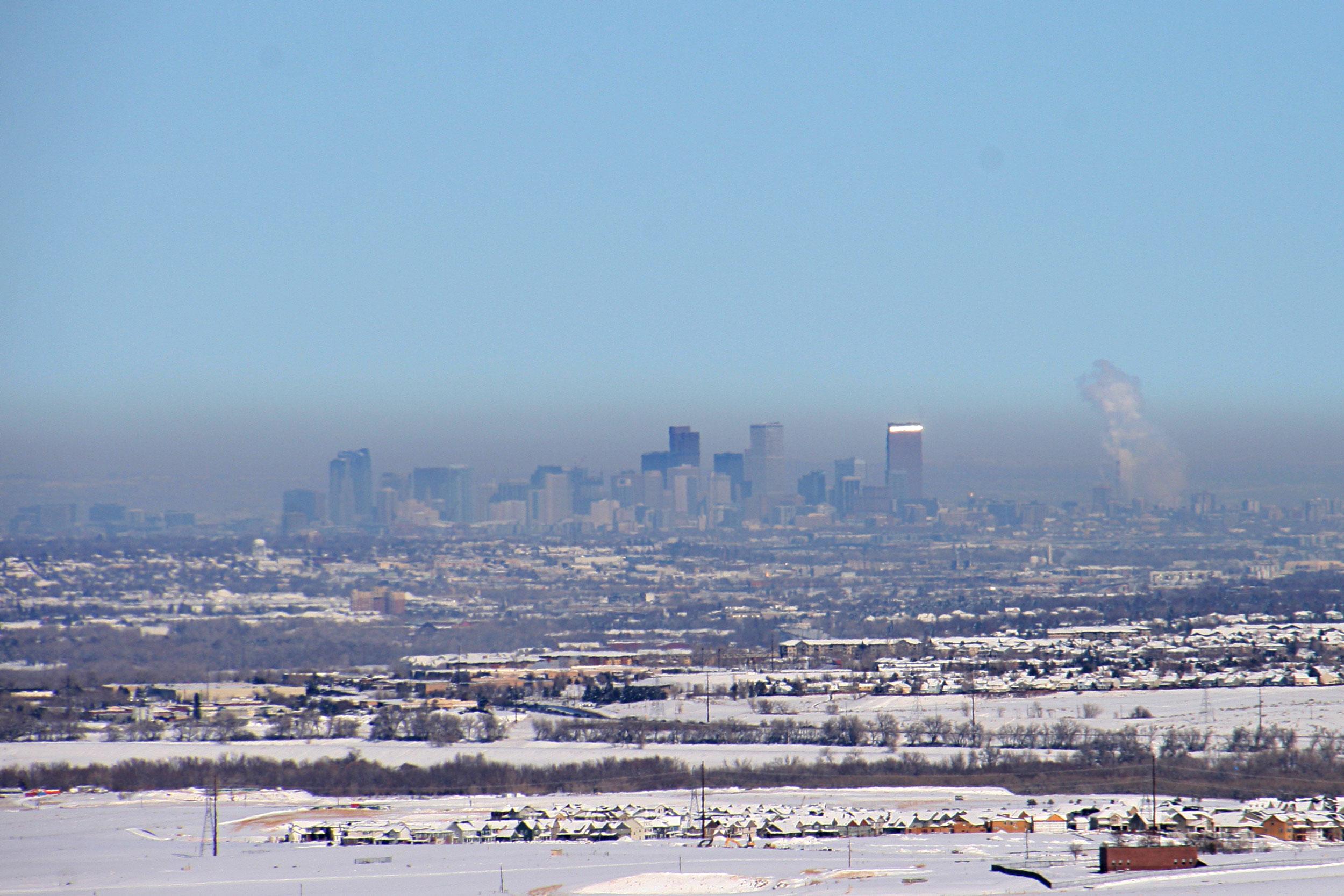
Colorado’s top air regulator has been reassigned to a new position after a state-backed investigation found potential conflicts of interest with a mining company seeking an air pollution permit.
Garry Kaufman directed Colorado’s Air Pollution Control Division for the last four years. On Tuesday, a spokesperson for the Colorado Department of Public Health and Environment confirmed he will now serve as the deputy director of regulatory affairs for the division while it opens up a nationwide search for a new leader.
The move comes more than six months after three whistleblowers claimed Kaufman developed a policy not to conduct legally required air modeling, which resulted in a number of unlawful air pollution permits for mines, factories, and oil and gas operations.
In their complaint, filed with the U.S. Environmental Protection Agency, the whistleblowers said his leadership resulted in a culture of “approving permits at all costs.”
The Colorado Attorney General’s Office hired an outside law firm to investigate the claims.The report, released last month, found the division’s managers misinterpreted the law but did not intend to break it. It also found that Kaufman failed to disclose previous work with a company seeking a permit for a gold mine near Cripple Creek for two and a half years.
Agency officials say they are restructuring leadership at the understaffed air division. The deputy director of regulatory affairs is one of several new roles they are creating. State Director of Environmental Policy Trisha Oeth will lead the air pollution division while officials search for Kaufman’s replacement.
State Senate Majority Leader Steve Fenberg, D-Boulder, who has sponsored multiple air quality bills, said he hopes the move marks the start of a culture shift at the air pollution division.
“I don’t think Garry’s a bad person. I don’t think he’s corrupt. I just think the agency is at a crossroad and they can bring someone who can look at the problem without baggage,” Fenberg said.
One point of frustration for Fenberg has been the division’s focus on wildfire smoke.
In July testimony before the governor-appointed Colorado Air Quality Control Commission, Kaufman suggested out-of-state fires could be boosting local ground-level ozone readings. Gov. Jared Polis sounded a similar note in a recent interview with Colorado Matters. When asked about record ozone pollution along the Front Range, the governor insisted residents were more concerned about the health effects of smoke than smog.
Fenberg agreed that wildfire smoke was likely residents’ No. 1 air quality concern, but said state regulators actually have authority over local sources of ozone pollution, which is largely fueled by emissions from vehicles and oil and gas operations.
“We should be talking less about the things we don’t have control over. And we should talk more about the things we do have control over,” Fenberg said.









